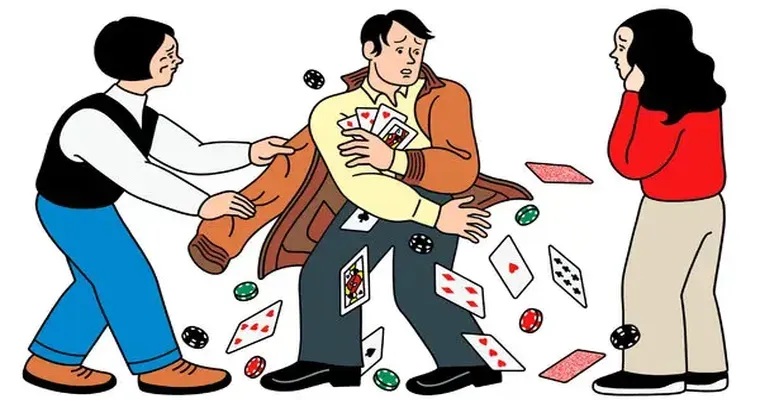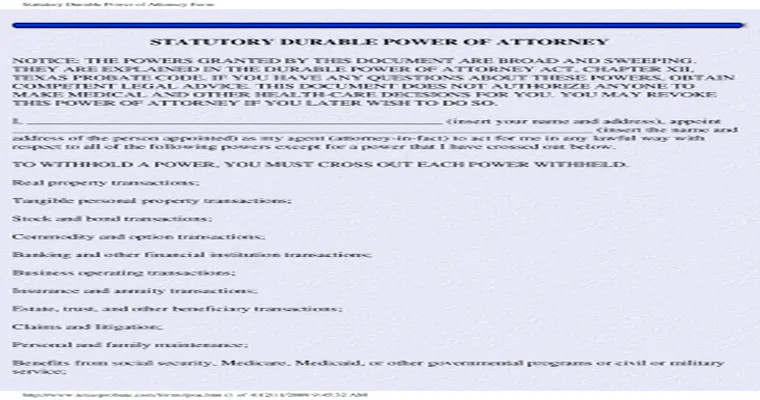If you suspect your dad is "addicted to prescription medication", it can be a distressing experience. The signs of addiction can be subtle and often go unnoticed until they escalate. Understanding the situation and knowing how to approach it is crucial for both your dad’s health and your peace of mind. In this article, we will explore the signs of addiction, the importance of open communication, and effective steps you can take to help your dad.
Recognizing the Signs of Addiction
Before addressing the issue, it is essential to recognize the "common signs of prescription medication addiction". These signs may include:
1. "Changes in behavior": If your dad is acting differently than usual, such as being more withdrawn, secretive, or irritable, it may indicate a problem.
2. "Physical symptoms": Look for signs such as drowsiness, confusion, or unusual changes in weight.
3. "Neglecting responsibilities": If your dad is failing to meet work or family obligations, it could be a sign of substance misuse.
4. "Doctor shopping": If you notice that he is visiting multiple doctors to obtain prescriptions, this behavior can indicate an addiction.
Open Communication
Once you have identified potential signs of addiction, the next step is to engage in open and honest communication. Choose a calm and private setting to discuss your concerns. Use “I” statements to express how you feel about the changes you’ve noticed. For example, saying “I’ve noticed you seem more tired and withdrawn lately” can be less confrontational than “You are addicted to drugs.” This approach can foster a more productive dialogue.
Educate Yourself
Understanding "prescription drug addiction" is vital. Research the specific medications your dad may be using and their potential for dependence. Knowledge about the effects and withdrawal symptoms can help you empathize with his situation and provide accurate information during your conversations.
Encourage Professional Help
If your dad acknowledges his issue, encourage him to seek professional help. Offer to assist him in finding a healthcare provider or an addiction specialist. Discuss the benefits of therapy, support groups, or rehabilitation programs. It’s essential for him to understand that seeking help is a sign of strength, not weakness.
Be Supportive but Set Boundaries
While it’s crucial to support your dad through this difficult time, it’s equally important to set boundaries. Make it clear that you care about his well-being but that you cannot enable his addiction. This may involve not providing financial support for medications or avoiding situations where drug use is likely.
Seek Support for Yourself
Dealing with a loved one’s addiction can be emotionally taxing. Consider joining a support group for families affected by addiction, such as Al-Anon or Nar-Anon. These groups can provide valuable resources and a supportive community where you can share your experiences and feelings.
Conclusion
Suspecting that your dad is "addicted to prescription medication" can be a challenging and emotional experience. By recognizing the signs of addiction, communicating openly, educating yourself, and encouraging professional help, you can play a pivotal role in his recovery journey. Remember that support for yourself is equally important, as navigating this path requires strength and resilience. Taking these proactive steps can lead to a healthier and more fulfilling relationship with your dad.





